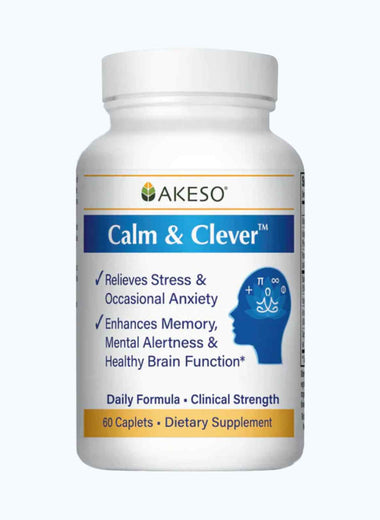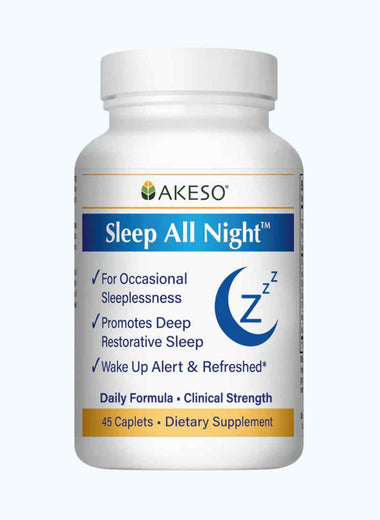While prescription medications can be helpful — and sometimes even necessary — for managing attention deficit hyperactivity disorder (ADHD), more and more parents are looking for complementary and alternative remedies to treat symptoms of ADHD naturally.
What are natural remedies for ADHD?
ADHD has traditionally been treated with stimulant medications that enhance concentration and help ignore distractions. But many of its symptoms can also be managed through drug-free therapies and remedies that have little to no side effects and still can help your child live a more successful life naturally.
Below is a list of 5 science-backed natural remedies for ADHD
A healthy diet is key

Healthy diet can help with ADHD
The foods that we eat influence every aspect of our health and lives, from our sleeping and wake patterns to our mood and behavior. In the case of children with ADHD, there’s evidence that synthetic food dyes and preservatives can worsen symptoms of inattention and restlessness.
Research shows that certain food additives, including yellow #5, red dye #40, and sodium benzoate, can increase hyperactivity even in children without ADHD. Two studies, one published in 2004 and the other in 2007, found that kids that drank a mixture of artificial dyes and sodium benzoate (two common ingredients in sodas and soft drinks) had higher hyperactivity scores than children that took a placebo drink.
Some kids with ADHD are also more sensitive to sugar and simple carbs, which may cause increased fidgeting and restlessness after consuming large quantities. In fact, both healthcare providers and parents report that a diet that limits artificial and sugary foods improves ADHD symptoms significantly, particularly among smaller kids.
If you have a child with ADHD, consider cutting down or eliminating the following foods and drinks from their diet:
- Candy
- White bread
- Caffeinated drinks
- Sodas (including diet soda)
- Chips
- Sugary breakfast cereals
- Store-bought cookies and cake
- Soft drinks
- White rice
- Products made with corn syrup
- Products made with white flour
- Additives (aspartame, MSG, sodium benzoate)
- Deli meats
But — what about foods that improve ADHD symptoms?
To date, there isn’t a specific “ADHD diet” more that’s beneficial than others for improving attention or impulsivity symptoms. However, we know that a balanced diet rich in protein helps avoid blood sugar spikes, which some experts believe are associated with hyperactivity. A protein-rich diet also increases levels of tyrosine, an amino acid involved in the creation of dopamine and norepinephrine, two neurotransmitters that boost alertness and concentration.
Eating a healthy breakfast with generous amounts of proteins can help children with ADHD start the day with more focused energy. Good breakfast foods include oatmeal with fresh berries, a high-protein yogurt with granola, or whole grain cereals with plant-based milk. For lunch and dinner, incorporate a wide range of colorful fruits and vegetables, fiber-rich foods like beans, brown rice, and lentils, and lean proteins like chicken, pork, and fish.
Rewiring the brain with behavioral therapy
Cognitive-behavioral therapy (CBT) is a branch of psychology that involves learning to identify problems and develop an awareness of how to deal with them. The goal of CBT for ADHD is to change irrational thought patterns that prevent a person from staying focused or getting things done. In children with attention deficit, behavior therapy can be a great tool for learning specific skills and habits — like keeping a planner or using a color system to memorize information.

CBT for ADHD: rewiring your brain
According to CBT, many of the problems that we face stem from negative (and often false) thoughts, like:
- I can’t do anything right
- I’ll never be as good as X or Y person
- I did bad on this one test, so I’ll always do badly on every test
- Everything that can go wrong will go wrong
Understanding how and why you think the way you do is the first step in reshaping your relationship with your ADHD brain. CBT helps you identify negative thoughts and replace them with positive ones, which can be particularly helpful given that adults with ADHD tend to be more self-critical and pessimistic.
Reducing hyperactivity through exercise

Exercise to help curb hyperactivity
Exercise and spending time outdoors are incredibly powerful tools in the treatment of attention deficit disorder. More research is needed, but preliminary evidence suggests that exercise is associated with improved cognition and reduced negative behaviors in people with ADHD.
A study in the Journal of Health and Well-Being found that children that played every day in green spaces had milder symptoms than kids who played indoors. And a review of studies of exercise and ADHD also reported that daily aerobic exercise can promote neuron growth, boost brain functioning, and reduce impulsivity.
Even among individuals without ADHD, exercise is a great mood booster, can make you feel more motivated to complete your daily tasks, improve concentration, and reduce brain fog. All types of exercise are fantastic for health, but people with ADHD tend to benefit most from aerobic exercises, like:
- Swimming
- Jogging
- Biking
- Yoga
- Tai chi
Experimenting with alternative therapies

Alternative treatments for ADHD
In the world of natural remedies for ADHD, brain training methods like biofeedback and mindfulness meditation are becoming more and more popular every day. Biofeedback is a therapeutic technique that can help your child gain control over involuntary functions like getting distracted, so they can learn how to manage them. Mindfulness meditation teaches how to become intensely aware of the present moment to slow down racing thoughts, calm the mind, and reduce anxiety.
Today, ADHD-friendly apps make these strategies more accessible for everyone. Here are a few great learning and relaxation apps for kids with ADHD (tested and approved by experts from Common Sense Media.
Choosing the right supplements

Certain vitamins and minerals may help treat ADHD in combination with prescription medications. Always remember to consult with a healthcare provider before taking new supplements.
These nutrients have been shown to help treat ADHD symptoms in children and adults:
- Magnesium: kids with ADHD have lower levels of magnesium, which is an essential mineral for brain health. In a study evaluating 50 children diagnosed with ADHD, researchers found that those who received a magnesium supplement for six months showed a significant decrease in hyperactive behaviors and overall ADHD symptoms.
- Omega-3 Fatty Acids: fish oil, sometimes known as omega-3 fatty acids, has been shown to help reduce inattention, impulsivity, and hyperactivity in children with ADHD. Researchers have also noted that kids with ADHD appear to have lower omega-3 levels than their peers.
- Zinc: decreased zinc levels in children are associated with trouble concentrating, reduced learning abilities, and ADHD. Research suggests that used in combination with amphetamines, zinc may help reduce the dosage needed to treat kids with ADHD.
- Iron: iron deficiency increases the risk of psychiatric disorders, including ADHD. Iron deficient children and adults who suffer from ADHD may benefit from supplementing with iron to help control their symptoms.
Takeway
Prescription drugs are the standard treatment for attention deficit hyperactivity disorder (ADHD), but they’re not the only ones. Finding the right ADHD treatment without medication can be a lengthy, sometimes frustrating, trial and error journey. And it’s important to keep in mind that not all-natural treatments for ADHD will be effective for every child.
However, there’s ample evidence that non-pharmaceutical interventions, like behavior therapy and nutritional supplementation, can help manage ADHD symptoms naturally. If you are not sure where to start, talk to your child’s doctor or therapist about drug-free alternatives. And remember to be patient; change will not come overnight and you may need to try a few different approaches until you see improvements. Look for ways to tweak or adjust the treatment before giving up on it!
Discover a new effective option for improving attention and focus!






